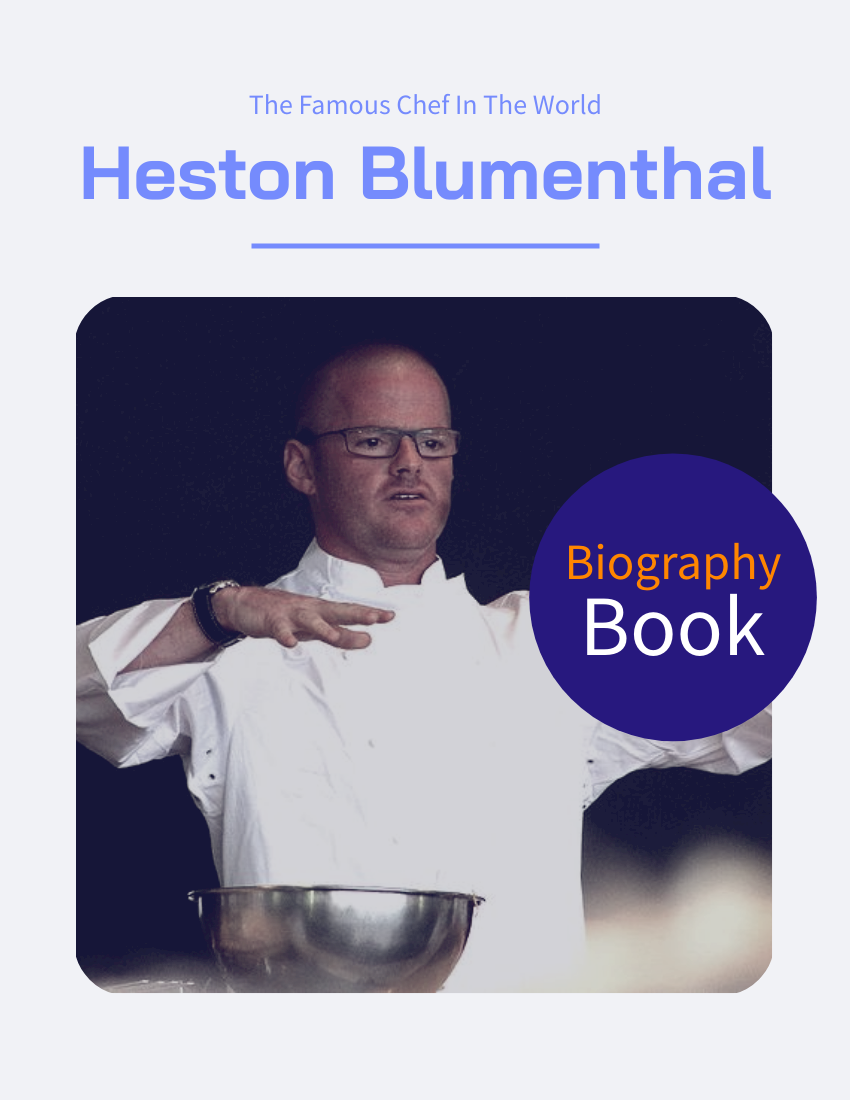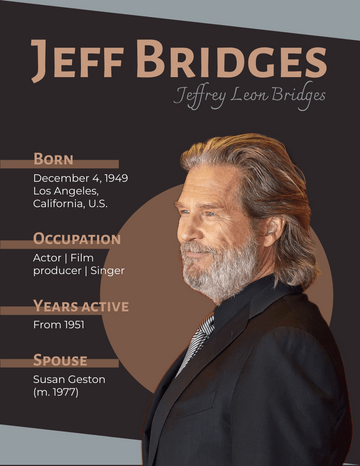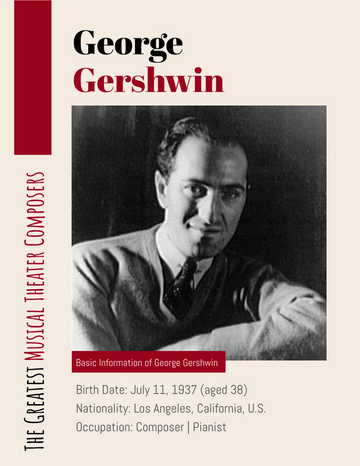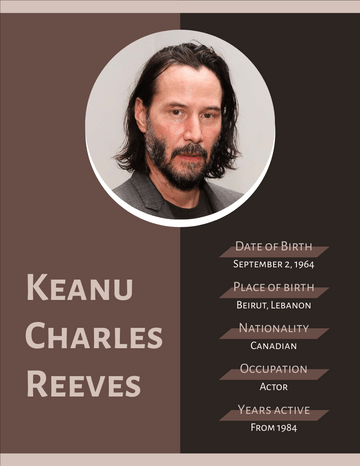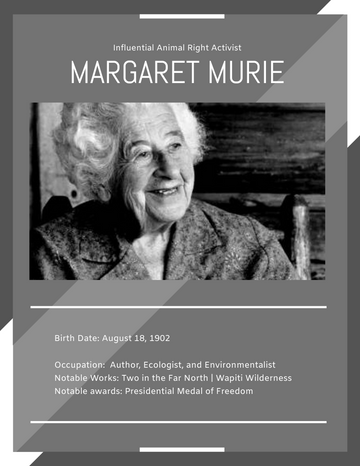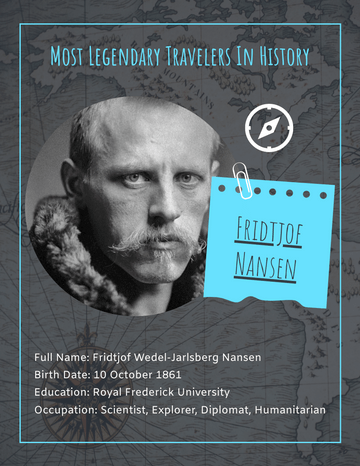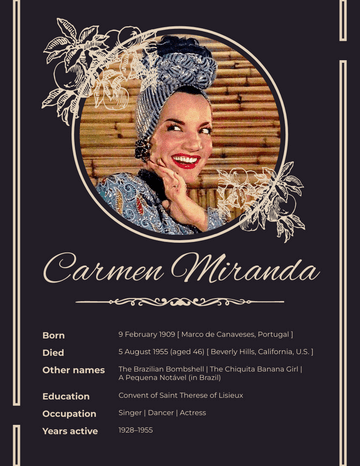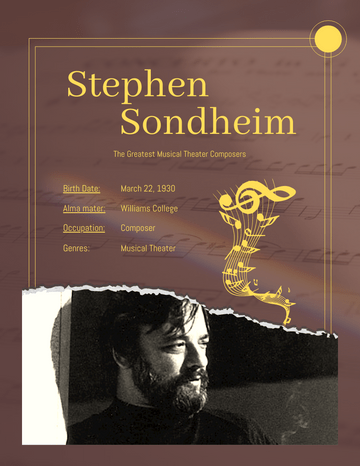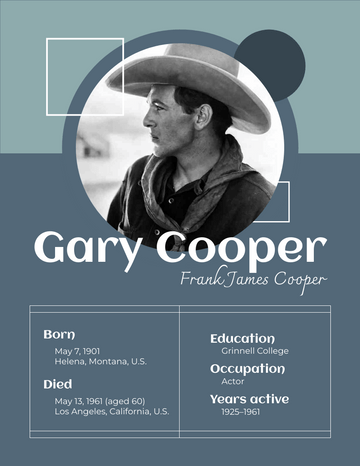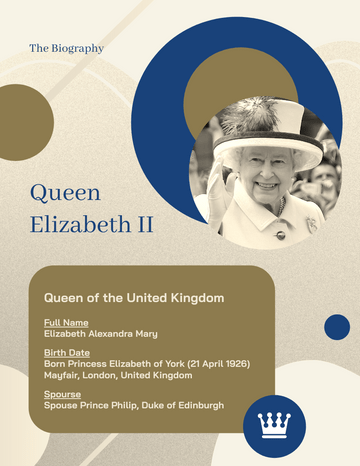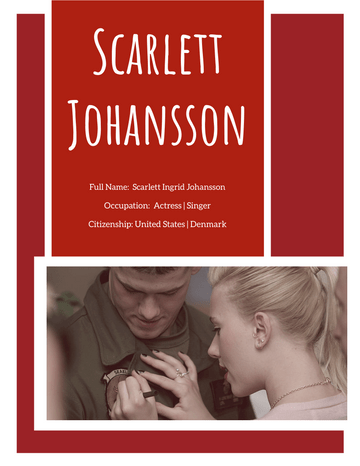The Famous Chef In The World
Heston Blumenthal Biography Book
The Famous Chef In The World
Basic Information About Heston
Birth Date: 27 May 1966 (age 56) Shepherd's Bush, London, England
Full Name: Heston Marc Blumenthal
Cooking Style: Molecular Gastronomy | Nouvelle Cuisine | BritishDesserts
Current restaurant: The Fat Duck 3 Michelin stars The Hinds Head 1 Michelin star Dinner by Heston Blumenthal 2 Michelin stars The Crown at Bray The Perfectionists' Cafe
Click here to read this biography book.
Who is Heston Blumenthal
Heston Marc Blumenthal OBE HonFRSC (born 27 May 1966) is a British celebrity chef, TV personality and food writer. Blumenthal is regarded as a pioneer of multi-sensory cooking, food pairing and flavour encapsulation. He came to public attention with unusual recipes, such as bacon-and-egg ice cream and snail porridge. His recipes for triple-cooked chips and soft-centred Scotch eggs have been widely imitated. He has advocated a scientific approach to cooking, for which he has been awarded honorary degrees from Reading, Bristol and London universities and made an honorary Fellow of the Royal Society of Chemistry. Blumenthal's public profile has been increased by a number of television series, most notably for Channel 4, as well as a product range for the Waitrose supermarket chain introduced in 2010. He is the proprietor of the Fat Duck in Bray, Berkshire, a three Michelin star restaurant which is widely regarded as one of the best in the world. Blumenthal also owns Dinner, a two-Michelin star restaurant in London, and two pubs in Bray: the Hind's Head, with one Michelin star, and the Crown at Bray.
His Special Cooking Method
He has experimented with foodpairing, in which recipes are created by identifying molecular similarities between different ingredients and bringing these together in a dish. One of the first such was Blumenthal's white chocolate with caviar. He created unusual combinations, including Roast Foie Gras "Benzaldehyde" and salmon poached in a liquorice gel accompanied by asparagus. While many of these unexpected combinations have been critically well received, Blumenthal himself has pointed out the limitations of such an approach, insisting that although foodpairing is a good tool for creativity, it is still no substitute for the chef's culinary intuition. ‘The molecular profile of a single ingredient is so complex that even if it has several compounds in common with another, there are still as many reasons why they won't work together as reasons why they will.’
